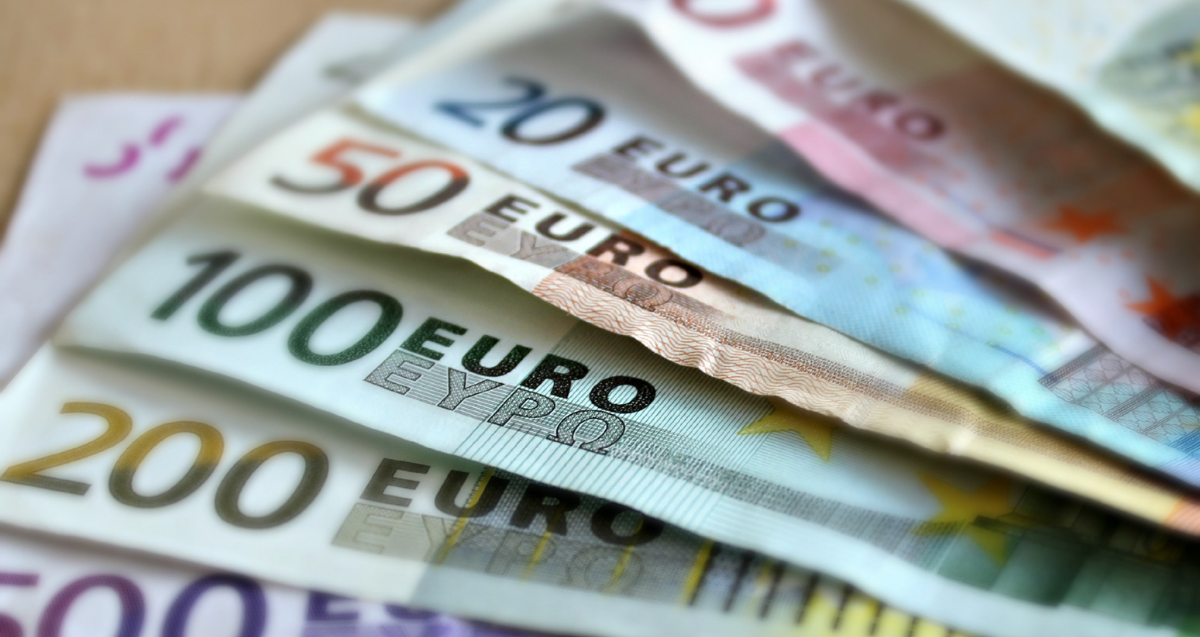Euro hovers around 22-months lows, as US bans Russian oil imports
( 3 min )
- Go back to blog home
- Latest
It’s been another volatile few days in financial markets so far this week, as investors continue to react to news out of Ukraine and the response of the western world to Russia’s invasion.

Somewhat surprisingly, the oil-dependent currencies have received little support, with the safe-haven trade continuing to largely dominate action in the FX market. The US dollar remains the main beneficiary, with the dollar index trading at fresh May 2020 highs so far this week. The Japanese yen and Swiss franc haven’t been too far behind – the latter rallied below parity versus the euro at one stage on Monday, although these advances have since been retraced. EUR/USD has managed to stabilise itself, particularly on the headlines that the EU was planning on announcing a supranational bond issuance that could help fund spending to offset the economic impact of the Russia-Ukraine crisis. The pair does, however, continue to trade around 22-month lows, with further losses on the cards should the European Central Bank strike an even more dovish tone than expected at its policy meeting on Thursday.
The ECB had been expected to speed up the removal of stimulus at its meeting tomorrow, although the near-term risk to growth means that this now may be out of the question. Comments from Governing Council members have been resoundingly dovish since the invasion, and that is likely to be reflected in a similarly cautious tone of communications from President Lagarde tomorrow. Ahead of the meeting, the economic calendar is actually rather bare, so currencies are likely to continue reacting to news out of Ukraine.
To stay up to date with our publications, please choose one of the below:
📩 Click here to receive the latest market updates
👉 Our LinkedIn page for the latest news
✍️ Our Blog page for other FX market reports
